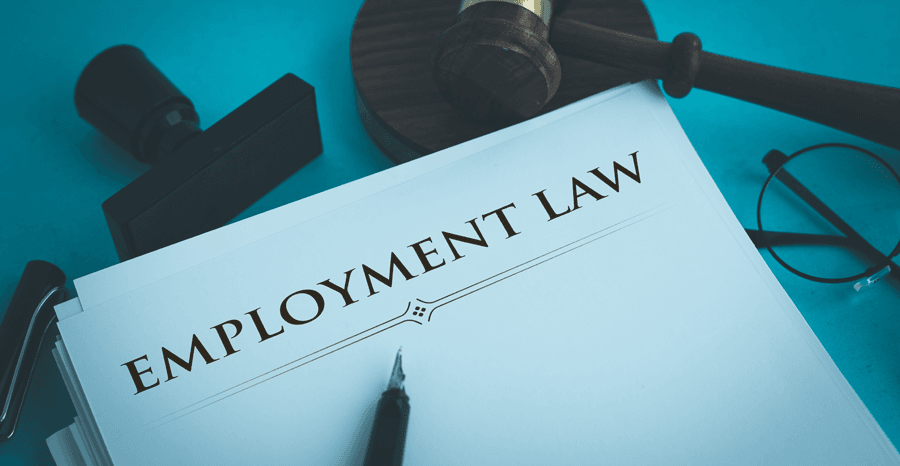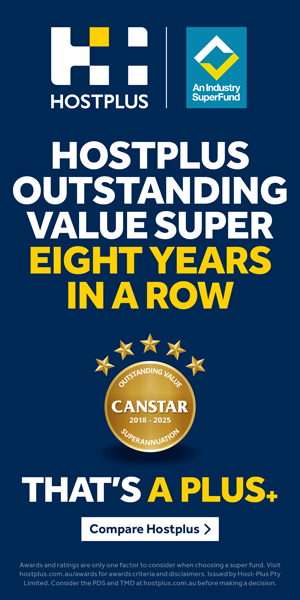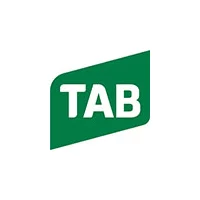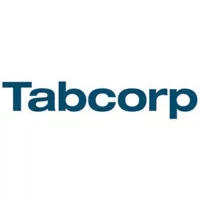Publications
As you will be aware from SIAG Circulars, there have been a number of waves of amendments coming into effect pursuant to the ‘Closing Loopholes’ amendments to the Fair Work Act 2009 (Cth) (the Act).
The final changes from the Closing Loopholes amendments will come into force in the coming months. By early 2025, we will see several key amendments come into effect.
These changes include:
- increases to the maximum civil penalties for wage underpayments;
- new criminal penalties for employers who intentionally underpay their workers; and
- new labour hire arrangement orders available upon application to the Fair Work Commission (the Commission).
Increases to maximum civil penalties for wage underpayments
From 1 January 2025, there will be an increase to the maximum civil penalties for wage underpayments.
The civil penalty for wage underpayments will be increased to three times the value of the underpayment, or $469,500. If it is a serious contravention, it will be three times the value of the underpayment or $4,695,000.
These increases do not apply to small business employers.
Introduction of a new criminal offence and penalties for intentional wage underpayments
Another change taking effect from 1 January 2025 is the introduction of new criminal penalties for employers who intentionally underpay their employees.
A criminal offence is committed where the employer is required to pay an amount to an employee or on behalf of or for the benefit of an employee under the Act or an industrial instrument (which includes the Registered and Licensed Clubs Award 2020), and the employer intentionally engages in conduct which results in these amounts not being paid when they are due.
The new provisions include the following penalties for a company:
- where the court can determine the quantum of the underpayment, a fine the greater of 3 times the amount of the underpayment or $7,825,000; or
- where the court cannot determine the quantum of the underpayment, a fine of $7,825,000.
The new provisions include the following penalties for an individual:
- a maximum of 10 years in prison; or
- where the court can determine the quantum of the underpayment, a fine the greater of 3 times the amount of the underpayment and $1,565,000; or
- where the court cannot determine the quantum of the underpayment, a fine of $1,565,000.
These provisions do not apply where an employer has unintentionally or mistakenly underpaid their employees.
The above two amendments continue earlier amendments around strengthening the penalties and consequences for employers who fail to pay their workers minimum entitlements. We recommend that Clubs undertake regular audits of their payroll in order to ensure that they comply with the obligations under the Award.
Labour hire arrangement orders
A labour hire arrangement is entered into where an employer contracts with another business to provide them with workers.
From 1 November 2024, applicants may apply to the Commission to receive a labour hire arrangement order. These orders will affect employees on a labour hire contract.
An arrangement order ensures that employees on a labour hire contact (regulated employee) are paid the same rate of pay (protected rate of pay) if they were directly hired by the employer (regulated host) to do the same work.
An application for such order can be made by the regulated employee, an employee of the regulated host, a union, or the regulated host.
An order must be made where:
- an employer supplies, or will supply, either directly or indirectly, one or more employees to a regulated host to perform work for the regulated host;
- the regulated host is not a small business employer; and
- the host employment instrument would apply to those regulated employees if the regulated host were to employ them directly to perform work of that kind.
An order will not be made where:
- the performance of the work is or will be, wholly or mainly providing a service, instead of supplying labour, considering:
- the employer’s involvement in managing performance of the work;
- the extent to which the employer directs, supervises or controls the regulated employees while they work;
- the extent to which the regulated employees use the employer’s systems, plants or structures to carry out work; and
- the extent to which the employer is subject to industry or professional standards in relation to the regulated employee, and how specialised or expert the work is;
- or, it is not fair and reasonable in all the circumstances to do so, considering:
- the pay arrangements applicable to employees of the regulated host;
- the history of industrial arrangements that apply to the regulated host and the employer;
- the relationship between the regulated host and the employer;
- the terms and nature of the arrangement under which the work will be performed; and
- anything else the Commission thinks is relevant.
Need further assistance?
The above explanations are designed to give you an overview of the disciplinary procedure that binds your club and to the amendments coming into force soon.
If you are responding to an employee complaint about member conduct, you may wish to contact SIAG for an initial discussion in order to ensure that your proposed course of action is prudent and in line with your various obligations (as touched on in this article).
SIAG is your specialist employment law and industrial relations service provider, with a longstanding partnership with CCV. You can contact SIAG Monday to Friday during business hours on 1300 7424 47.
If you would like to see view previous articles use the search function below
Loading…
In FY25, Victorian Keno players enjoyed almost 10 million wins worth more than $131.9 million.
For many club patrons across Victoria, FY25 was a year to remember – all thanks to a life-changing Keno win.
Victorian players had a standout year, tallying over 9.9 million Keno wins collectively worth than $131.9 million in prize money.
In FY25, Keno players across the eastern states of mainland Australia celebrated more than 76 million wins collectively worth more than $1.2 billion.
During this time, Keno crowned 20 millionaires and multi-millionaires who together took home more than $57.9 million. Two of these major jackpot winners were from Victoria.
Laverton woman thanks ‘manifestation magic’ for Keno win
A Laverton woman shared she was left thanking the universe after she scored a $60,000 Keno Classic 8 Spot prize at Club Laverton in the weeks leading up to last Christmas.
“It was a big surprise! Especially coming up to Christmas, it’s perfect!” she cheered.
“Do you want to hear something really funny? I just wrote in my diary the day before winning, ‘Thank you, universe, for my Keno 8 Spot win’. Then it really came true!
“I’m a firm believer in the law of attraction and manifestation, and I love affirmations!
“It was awesome seeing all eight numbers pop up on the screen.
“I’ve had a few wins in Keno over the years. It’s like the stars align for me when I play - it’s my thing!”
Club Laverton manager Gus Alimovski said the team happily shared in the excitement with their major Keno winner.
“What an incredible win for our patron! It’s always great hearing these winning stories, and now we have another one to share with our patrons,” he said.
“We’re thrilled for our customer, and we hope to see more Keno winners in our venue soon.”
All eyes on a winning FY26
Keno’s National Partner Manager Luke Harrison said he couldn’t wait to see which Victorian clubs welcomed the next big Keno winners.
“Last financial year, players at Victorian clubs celebrated some impressive victories,” he said.
“A key highlight has been the growing popularity of Keno’s Bonus and Replay features among club patrons. This trend reflects how venues are successfully connecting with their customers, sharing updates on jackpot increases, promotional offers, and game enhancements.
“When players opt into Keno Bonus, they unlock the chance to multiply their winnings by up to ten times, while the Replay option adds another layer of excitement.
“Many players are still unaware of these features, making it vital for staff to start conversations and educate them on the full range of Keno possibilities!”
Mr Harrison said the solid Keno performance at Victorian clubs last financial year laid a strong foundation for continued success in FY26.
“Clubs across Victoria are embracing fresh approaches to elevate the customer experience, and Keno’s rising popularity is playing a key role in that journey,” he said.
“There’s also a wide array of Keno resources available to clubs, from eye-catching point-of-sale materials to engaging promotions, all designed to keep the game front and centre.
“As the new financial year unfolds, Keno is looking forward to celebrating more big wins for Victorian club patrons, and more success stories for the clubs that host them.”
Contact your Business Development Manager to find out how Keno can best support your club in FY26.
Visit Keno Connect for more information on maximising Keno in your club - www.kenoconnect.com.au



























